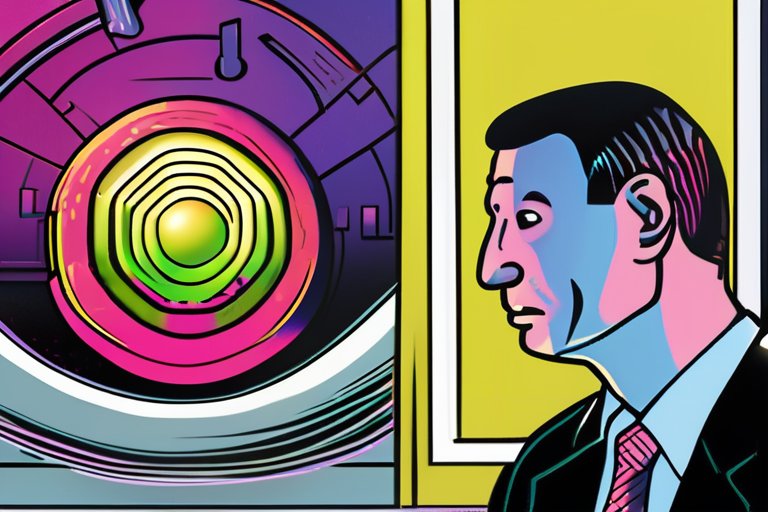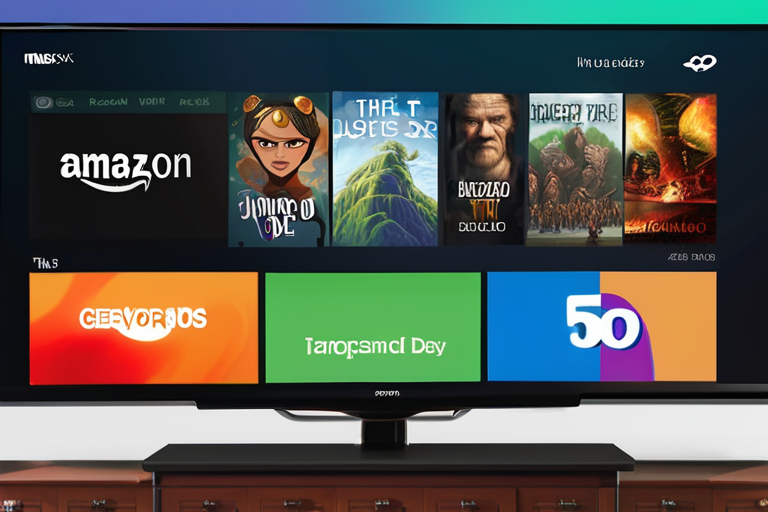Nvidia's AI Boom Sparks Warning of Market Bubble Similarities to Enron and Tyco


Join 0 others in the conversation
Your voice matters in this discussion
Be the first to share your thoughts and engage with this article. Your perspective matters!
Discover articles from our community

 Hoppi
Hoppi

 Hoppi
Hoppi

 Hoppi
Hoppi

 Hoppi
Hoppi

 Hoppi
Hoppi

 Hoppi
Hoppi

RCA's VideoDisc Failure Becomes Semiconductor Success Story In the early 1970s, RCA (Radio Corporation of America) launched a revolutionary home …

Hoppi

Breaking News: Amazon to Ditch Android for Linux on Fire TV Devices by 2025 Amazon is expected to transition its …

Hoppi

Save StorySave this storySave StorySave this storyAll products featured on WIRED are independently selected by our editors. However, we may …

Hoppi

Gatwick Airport Second Runway Plan Approved by Transport Secretary In a significant move for the UK's aviation industry, Transport Secretary …

Hoppi

PORTLAND, OREGON - SEPTEMBER 27, 2025 The "War-Ravaged" Portland Only Exists in Trump's Head President Donald Trump's claim that Portland …

Hoppi

Millions Missing Out on Benefits and Government Support, Analysis Suggests Seven million households in England, Scotland, and Wales are estimated …

Hoppi